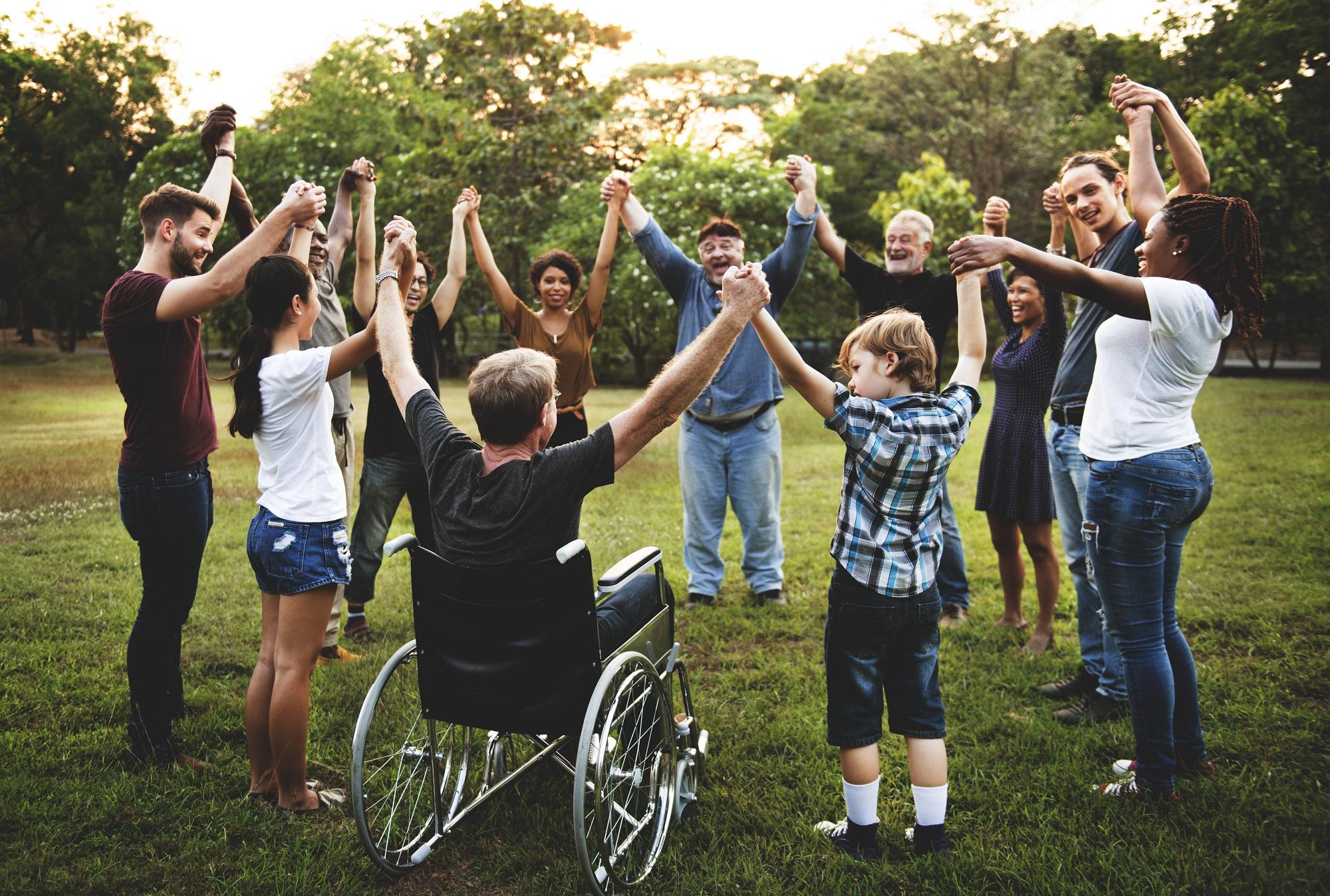Brain Health and Brain Injury: Widening the Lens
Atlantic Fellow Gráinne McGettrick reflects on the recent GBHI roundtable she led to examine where brain injury fits into the brain health agenda.

Brain Health and Brain Injury
Working at the interface of policy, research and advocacy in an Irish non-governmental organization, I recognize that growing the interdisciplinary global network is key to addressing the significant challenges that face people with brain injuries. Such global efforts need to take a life course approach and to focus on prevention, treatment, recovery and rehabilitation and long term care and support. There are also many unanswered questions around the interplay between brain health and brain injury, specifically its significance in relation to policy discourse.
Roundtable Discussion: Widening the Lens
Recently we convened a roundtable at the Global Brain Health Institute (GBHI) with experts from across the world, including neuroscientists, clinicians and policy analysts, to discuss brain health in the context of brain injury. This discourse concluded that a brain health approach to brain injury is vital. Such an approach focuses on the life course and gives consideration to prevention, diagnosis, treatment, rehabilitation, as well as long term care and support needs for those at risk of neurodegeneration. The potential of framing brain injury as a brain health issue to raise awareness in multiple domains including, policy, practice, research, and advocacy was also emphasized.
A Global Issue
Another important theme that emerged was that brain injury needs to be recognized as a global issue requiring a global response. Traumatic brain injury (TBI) and stroke are the leading causes of brain injury worldwide. The global incidence of TBI is rising, access to care is severely lacking in many parts of the world, and monitoring and diagnosis are frequently inadequate. Stroke at a young age is an increasing problem in both developing and developed countries due to rising incidence, high morbidity and mortality, and long term psychological, physical and social consequences.
Expert Inputs
Roundtable speakers and contributors considered a range of perspectives including:
- Lorina Naci, GBHI faculty member and Associate Professor of Psychology, connected TBI to neurodegeneration. The Lancet Commission on Dementia has included head injury as a modifiable risk factor for dementia. In addition, there is growing evidence emerging from sports related brain injury research and the impact it has on brain health in mid to later life. Prevention of TBI is a vital part of the brain health agenda and public health messaging.
- Katy Tobin, GBHI faculty member and Assistant Professor of Biostatistics, spoke about the value of integrating the brain injury agenda into the broader brain health discourse and how they are interdependent and interwoven. The potential to open up collaborative research and integrate brain injury related research into current studies was highlighted as well as the need for interdisciplinary collaboration across the globe on brain injury across the life course.
- The importance of building cognitive reserve in relation to the outcomes for those with brain injury was underscored by Ian Robertson, GBHI Founding Director and Professor Emeritus of Psychology, Trinity College Dublin. Public health messaging for the entire population is vital. He also highlighted the need for trans-disciplinary collaboration to address the care needs of people living with brain injuries.
- Current Atlantic Fellows for Equity in Brain Health made significant contributions based on their expertise in TBI education and health economics including Kim Huong Nguyen (economist) and Alison Canty (neurobiologist) who also acted as small group facilitators.
- Several Global Atlantic Fellow contributions reflected on the challenges related to brain injury with Dearbhla Kelly (nephrologist) and Raquel Gutierrez Zuniga (neurologist) both highlighting the lack of a pathway for stroke and traumatic brain injury patients. Tatyana Mollayeva (scientist) reflected on how brain injury affects brain health and poses an increased risk for a range of other health conditions such as dementia, depression, mental health issues. Secondary public health approaches should be applied to boost brain health in other domains as a priority following a brain injury. There also were calls from many fellows at the roundtable for more global, cross-disciplinary research on brain injury to provide the evidence base for action.
Learn More
If you would like to learn more about this topic, please get in touch with me at grainne.mcgettrick@gbhi.org.
You can read the full roundtable report here.
You can also view a recording of a Satellite Symposium—Let's Talk About Brain Health and Brain Injury—which we hosted on Wednesday, March 29, 2023 to coincide with the 2023 World Congress on Brain Injury.
Authors

Gráinne McGettrick, MA
Social Scientist
GBHI Members Mentioned
Alison Canty, PhD, GradCert UL&T, BSc
Neuroscientist
Dearbhla Kelly, MB BCh BAO MSc DPhil MRCPI
Academic Nephrologist

Tatyana Mollayeva, MD, PhD
Scientist and Assistant Professor

Lorina Naci, PhD
Professor in Psychology
Kim-Huong Nguyen, PhD, MSc
Economist

Ian Robertson, MPhil, PhD, FTCD
Founding Director, Trinity College Dublin

Katy Tobin, PhD
Assistant Professor of Biostatistics

